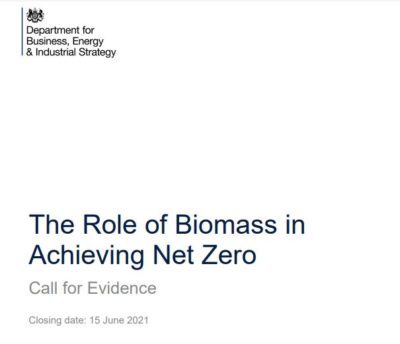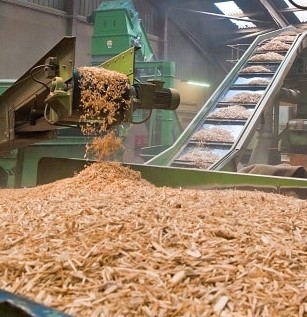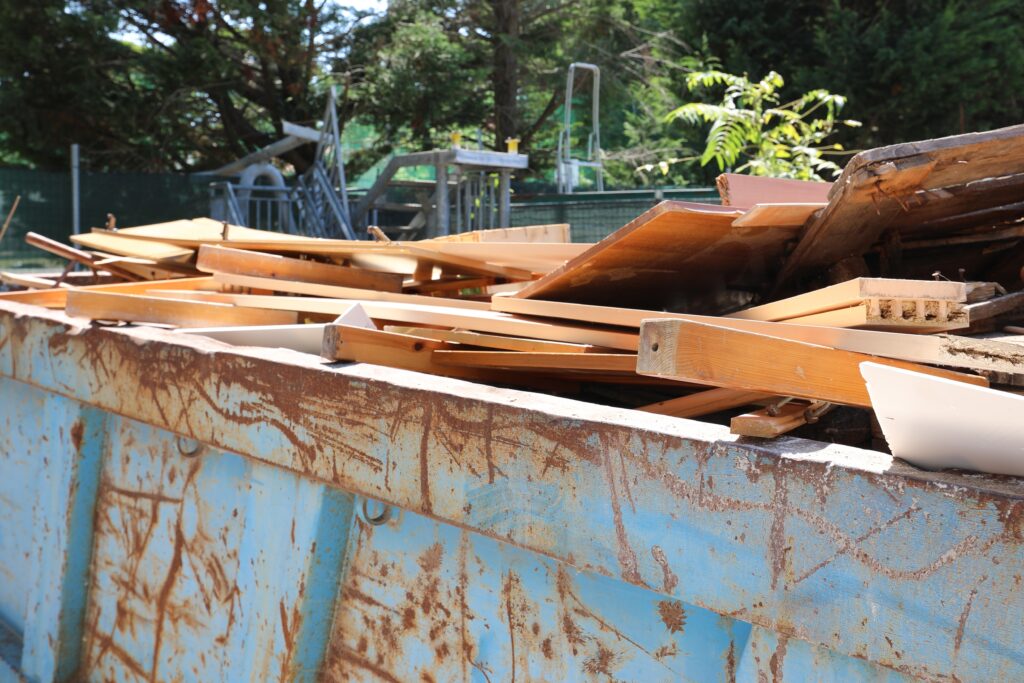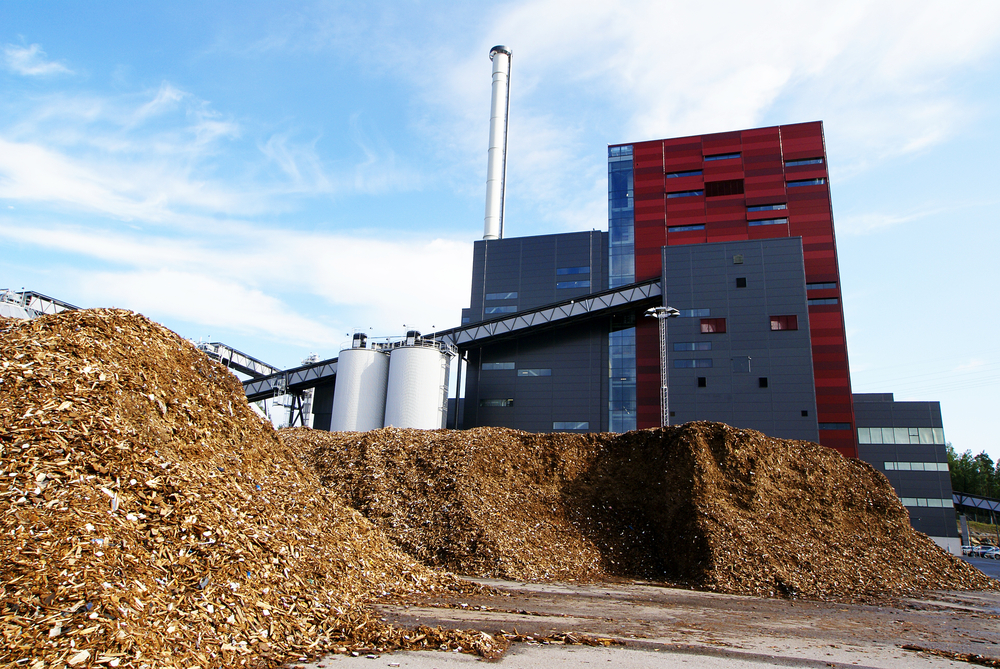In the document, BEIS says it is seeking information for consideration by the UK government as it prepares its Biomass Strategy in 2022, but the call for evidence does not contain policy proposals.

A BEIS spokesperson confirmed to letsrecycle.com that it is defining biomass as any material of biological origin (including wastes) which is used as a fuel for bioenergy.
This includes conventional combustion, gasification, energy from waste and low-carbon fuels like biofuels or hydrogen, or in products such as chemicals, bio-plastics and materials.
BEIS opened a consultation for responses on Tuesday (20 April) and it will run until 15 June.
‘Prominent role’
The spokesperson told letsrecycle.com: “Biomass has played a prominent role in our efforts to decarbonise the economy and the context for its use has changed since our initial 2012 strategy.
“We have launched a call for evidence to look at how and where sustainable biomass can best be used”
“To reflect our ambitious target of eliminating our contribution to climate change by 2050, we have launched a call for evidence to look at how and where sustainable biomass can best be used.”
Biomass
The document says that in 2019, the share of biomass for energy supply increased to 7.3%, overtaking nuclear and making it the largest component of primary energy consumption “from low carbon sources”.
This contributed to helping to further reduce the share of primary energy consumption from fossil fuels to a record low of 78.3%, it adds.
According to most recent statistics, BEIS says, a significant portion of the biomass supply is composed of wastes and residues, with some purpose-grown arable crops being used for renewable gas or transport fuel production.
Around 23 biomass plants in the UK process waste wood, with an annual capacity of around 3 million tonnes.
Landfill gas, waste incineration and sewage gas have made “significant contributions” to the renewable electricity mix over the years, however, today “this is dominated by wood pellets produced from forestry residues and lower grade pulpwood, much of which is imported”.
It’s thought the importing of virgin wood pellets for energy production will be raised as part of the consultation.

The practice is seen as controversial in some quarters, as some criticise the fact forests are being chopped down abroad and wood imported to generate electricity.
Campaign
Last year, a campaign was launched calling on the government to redirect biomass subsidies towards “truly clean and renewable energy sources like solar and wind” (see letsrecycle.com story).
Biofuelwatch were behind the campaign and said burning wood in power stations is no better for the climate than burning coal.
“Further, much of the wood in question is cut down and shipped in from sensitive forests overseas, destroying habitats and wildlife,” they added.
Imports
While the scope in the definition is broad for what biomass consists of, BEIS says an additional aspect to consider is the global availability of biomass and how much the UK must rely on imported biomass.
In 2019, around one third of the biomass used for energy in the UK was imported. The majority (72%) of this was in the form of wood pellets, predominantly for electricity generation.
“There is a need to consider how the availability of internationally sourced biomass may change in the coming decades”
The document reads: “We therefore recognise the importance of imported biomass in the UK bioenergy and wider bioeconomy mix, however there is a need to consider how the availability of internationally sourced biomass may change in the coming decades as more countries look to biomass to help them decarbonise their economies.
“We must also consider how the UK may continue to be attractive for biomass imports, so where a key role for biomass is identified in meeting net zero, we have some security of supply, and an understanding of the sustainability of this supply”.
Useful links
The Role of Biomass in Achieving Net Zero Call for Evidence









Subscribe for free